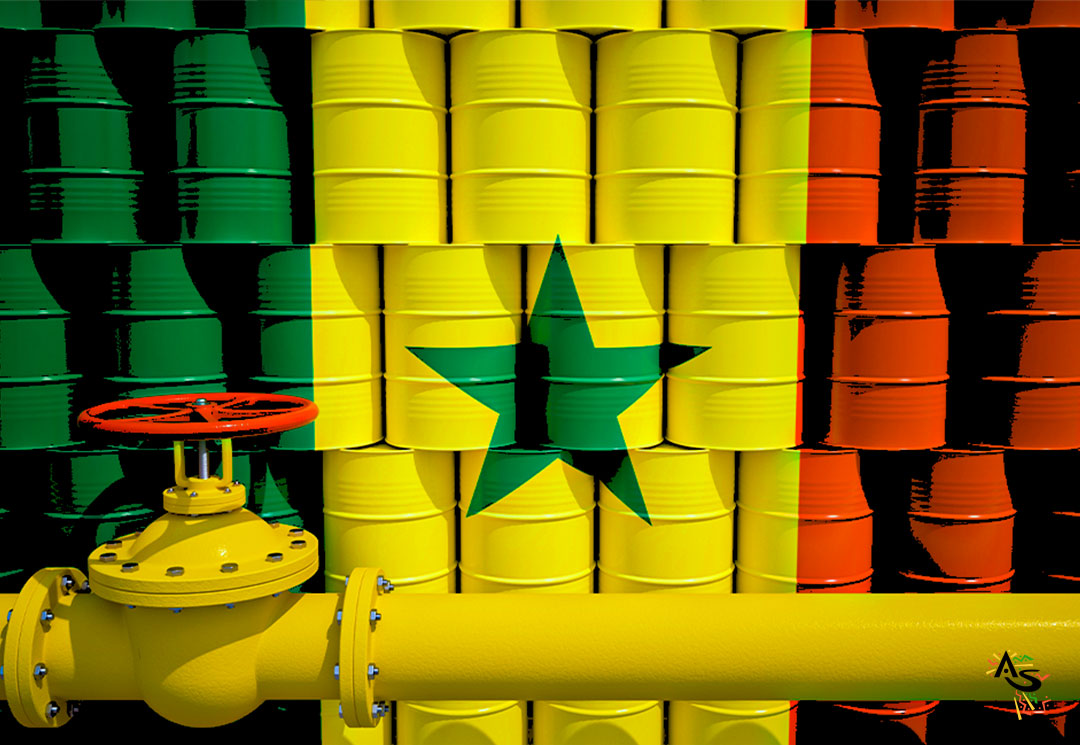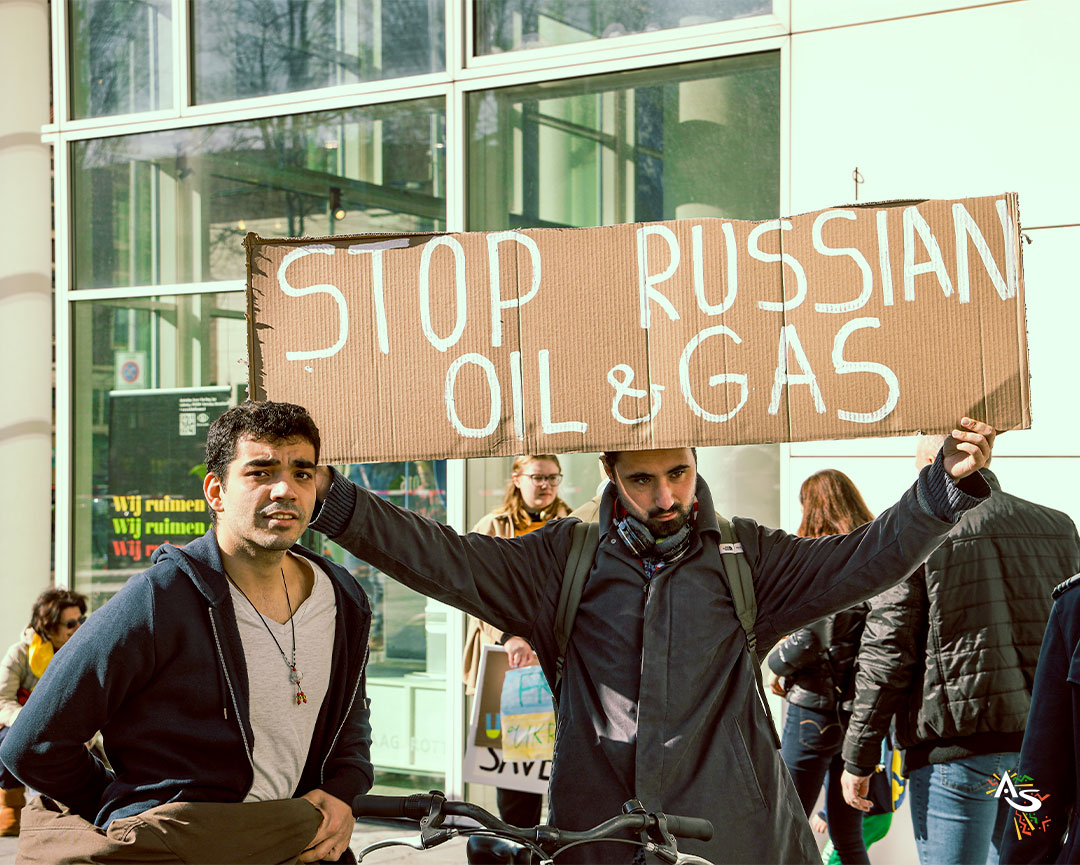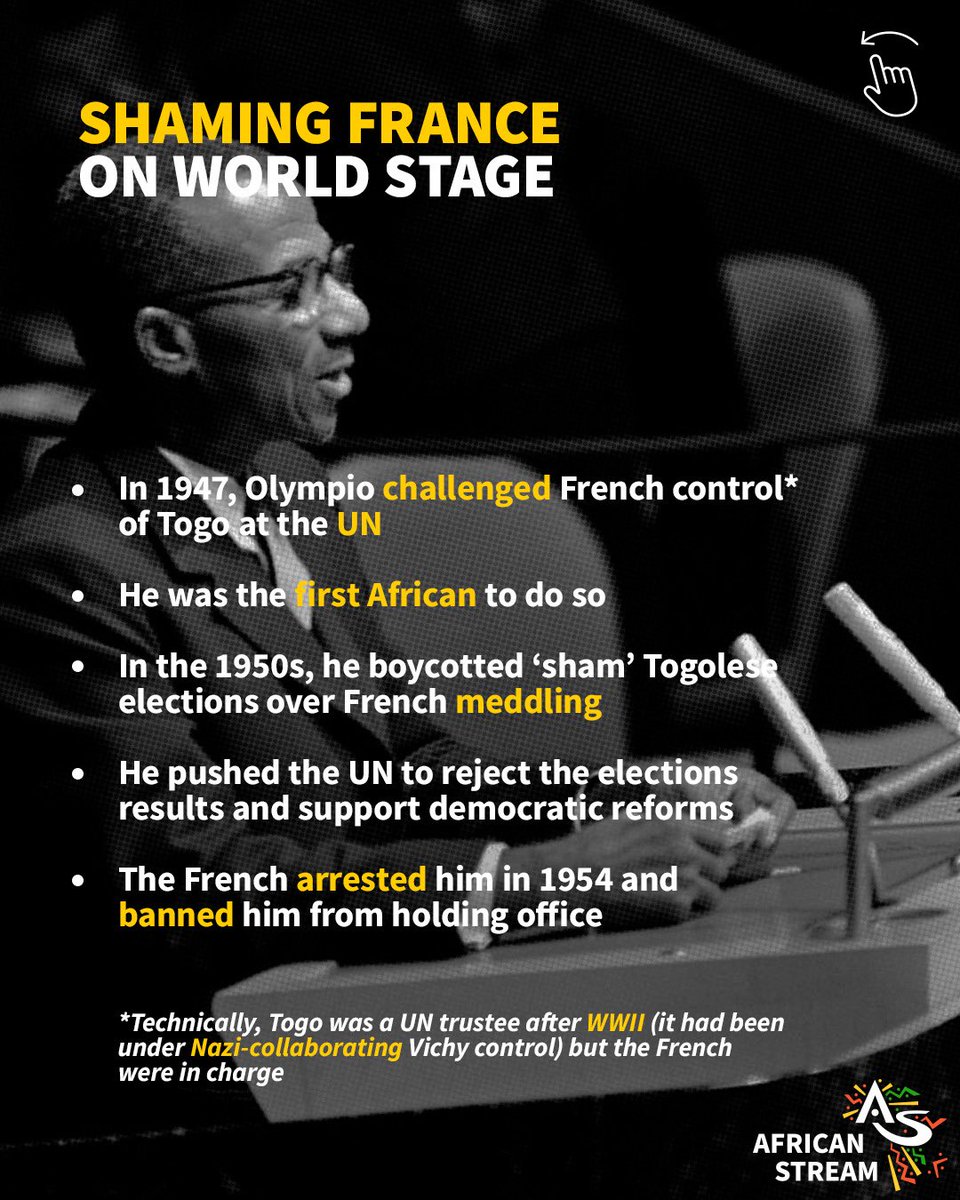THREAD 🧵
Africa's Emerging Energy Producers
Significant oil and gas discoveries in Africa could soon see big money coming the continent’s way.
#oilandgas #gas #Africa #energy
Africa's Emerging Energy Producers
Significant oil and gas discoveries in Africa could soon see big money coming the continent’s way.
#oilandgas #gas #Africa #energy

Africa already boasts major producers like Nigeria, Algeria and Libya. But new players are poised to join the party.
#oilandgas #Oil #Africa #Europe #Nigeria #Algeria #Libya
#oilandgas #Oil #Africa #Europe #Nigeria #Algeria #Libya

Senegal’s potential is huge. It recently found reserves of more than 1bn barrels of oil and 40tn cubic feet of gas.
#Oil #Senegal #oilandgas #Africa
#Oil #Senegal #oilandgas #Africa

Mauritania is also set to emerge as a key energy producer. It’s partnering with Senegal in the Gulf of Guinea on a project that could yield up to 10mn tonnes of liquefied gas a year.
#Mauritania #africa #Guinea #oilandgas
#Mauritania #africa #Guinea #oilandgas

The world’s longest heated crude oil pipeline is close to completion between Uganda and Tanzania. It will carry Ugandan crude to the Indian Ocean and could transform both African countries into major oil economies.
#Uganda #Tanzania #CrudeOil #oilandgas #Africa
#Uganda #Tanzania #CrudeOil #oilandgas #Africa

Significant oil and gas discoveries have also been made in Mozambique, Kenya, Ghana, Ivory Coast, Gabon, Equatorial Guinea and Chad. 

It’s creating a dilemma for the EU. The bloc is desperate to replace Russian energy, and is looking to Africa. But it also has beef with the continent. 

For example, Uganda’s pipeline is facing EU resistance over alleged rights violations and damage to the environment. Yet Africans accuse Europe of hypocrisy. 

Why hypocrisy? Firstly, because Africa’s share of emissions is tiny compared with Europe’s. Secondly, because the EU does business with human-rights violators like Saudi Arabia. 

The biggest question is whether all this new oil and gas exploration will translate into major benefits for the people of Africa. Will the ‘resource curse’ plaguing the continent finally be broken? 

• • •
Missing some Tweet in this thread? You can try to
force a refresh






















